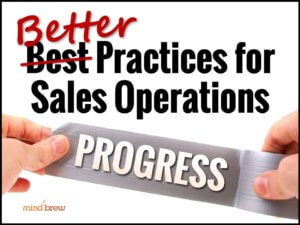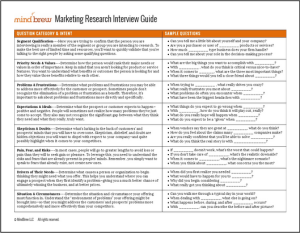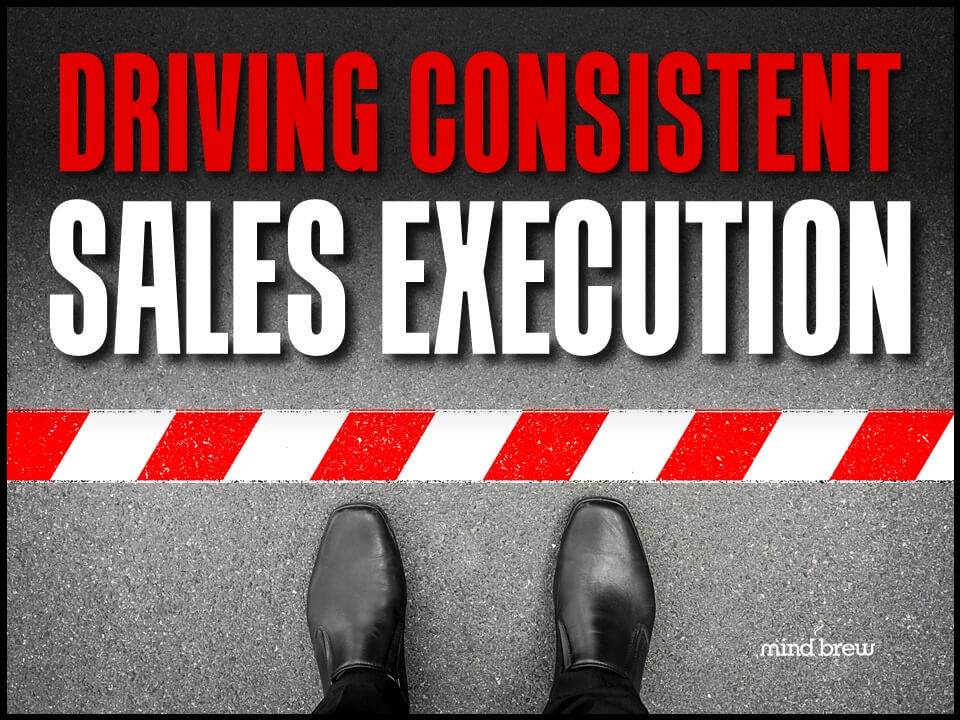Over the years, we here at SellingBrew have offered a whole lot of ideas for how you can improve your sales operations. We’ve offered advice on optimizing your sales funnel. Tips for building a better team. Examples of the types of analysis you should conduct. Guidance on improving your negotiation. And help on a myriad of other sales-related issues.
Today, we are finally going to reveal the single best improvement you can make.
This improvement is a lot easier to implement than you think it is. In fact, a lot of the best-performing sales operations teams have already put it into practice.
And it delivers results a lot faster than you might expect. You’ll have positive improvements that you’ll be able to show management in just weeks.
Yes, it does require you to get some buy-in from other parts of your organization. But it’s not insurmountable. The potential benefits are so obvious that management will readily agree.
In addition, your competition probably hasn’t put this improvement in place. If you implement it, you’ll have an advantage in the market.
So what is the best sales ops improvement you can make?
The best sales improvement for your organization is the one you can actually implement.
You see, it’s really tempting for human beings to wait around for the “perfect” solution to a problem. We want a simple three-stop process that will solve all our problems at once. We rationalize our decision to keep doing the things the way we always have because we are waiting for the day we can adopt a “best practice.”
But the truth is that perfect improvements don’t exist. You’ll never get anywhere if you keep waiting for the day that you can magically transform your sales operations into their ideal form.
Instead, of waiting around to adopt best practices, start smaller. Implement a “better” practice that you can actually achieve in a relatively short amount of time. If you look, you will find plenty of opportunities for making small but meaningful improvements.
If you need suggestions for some of the opportunities, check out the webinar on ‘Better’ Practices for Sales Operations. It can help you adapt key sales operations principles to your particular situation so that you can see some real benefits—even if you aren’t able to implement every aspect of a “best practice.”
Over time, you should be able to implement many of these better practices, moving your organization into a greatly improved situation. It won’t happen all at once, but you will be able to solve — or at least ameliorate many of the problems that you find most troublesome today. And that’s why a small — but achievable — improvement really is the best move you can make to better your sales operations.












